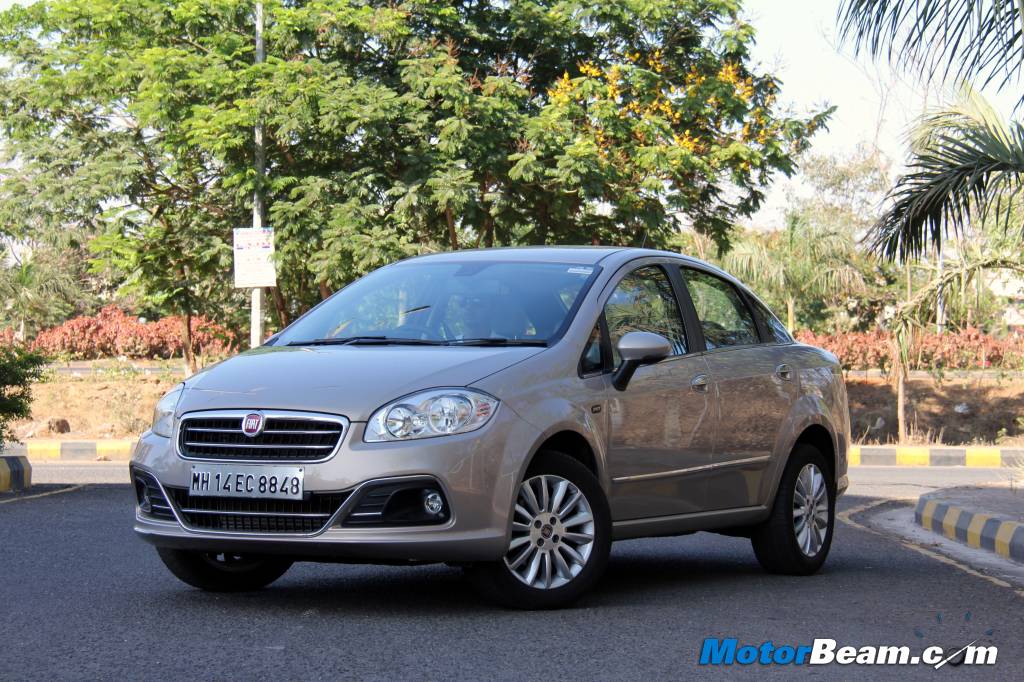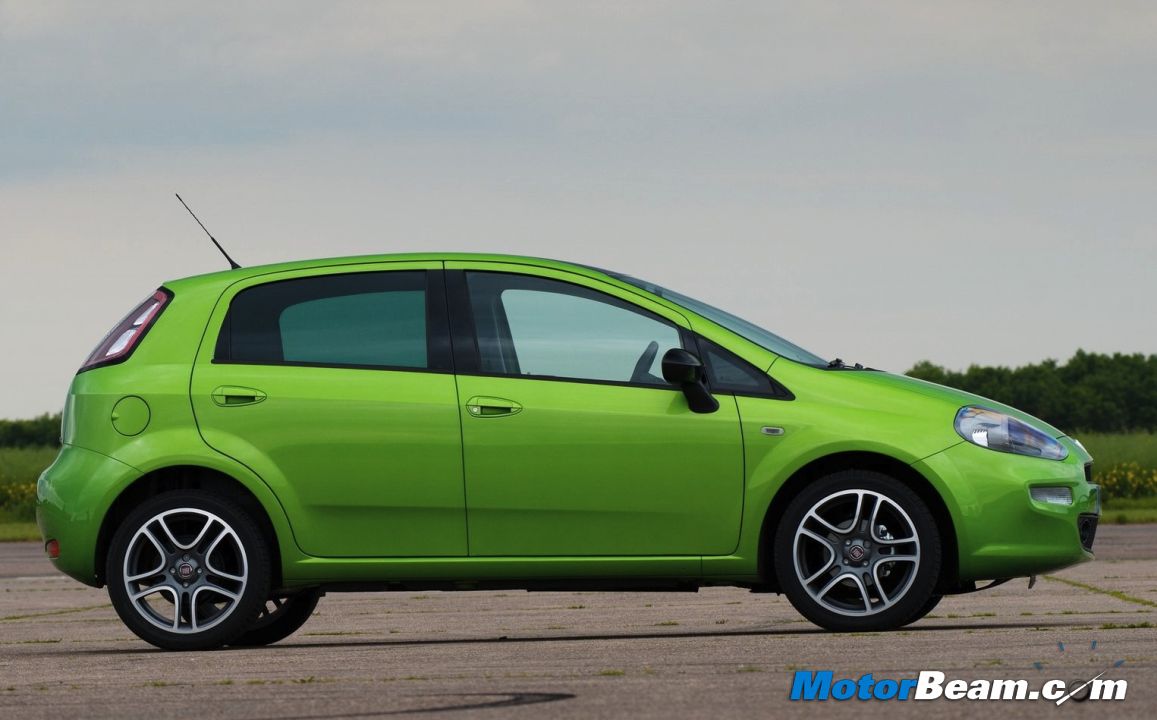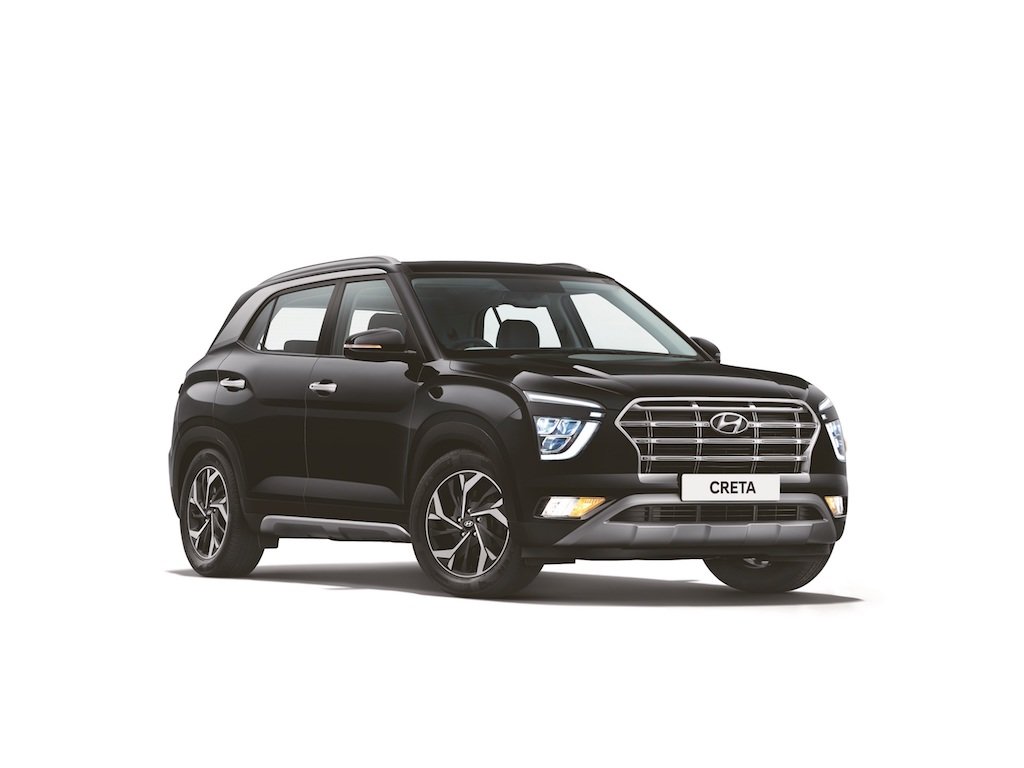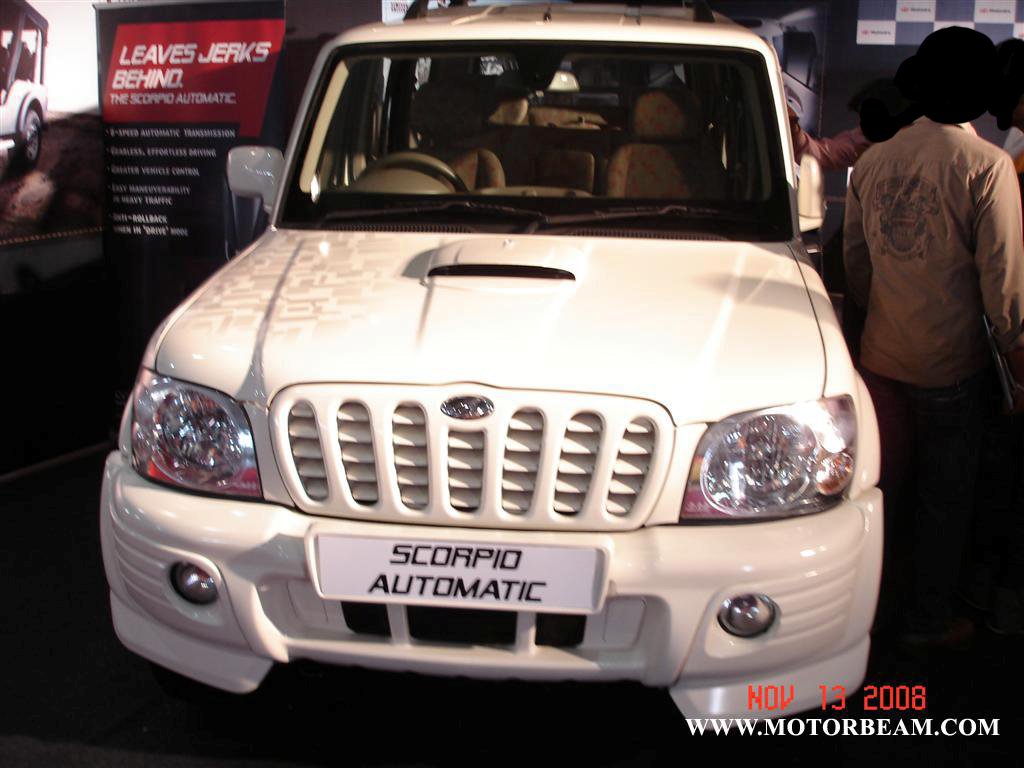The new budget has finally corrected a significant anomaly in the excise law that clears up the air over how excise duty should be levied on passenger cars which are sold at discounted prices. The new finance minister announced the correction in his union budget speech as part of a slew of measures to boost the country’s manufacturing sector. Auto manufacturers will not have to pay excise duty on discounts that are offered to customers and the duty will be calculated on the final sale price of the vehicle.
The Budget has now made specific provisions which allow transaction value to be accepted even if the manufactured goods are sold at a price below the cost of production and profit. The correction in the excise duty law has impacted not only the auto sector, but also consumer durables, FMCG and chemical sectors as well. The finance minister granted the wish of several auto manufacturers that were issued excise duty notices for selling products at a discount, while amending the Excise Valuation rules of 2000.
In the controversial Fiat judgement, the Supreme Court’s ruling in 2012 stated that if a company sells its products at a loss for a long period of time because of commercial consideration and competitive pressures, then price is not the sole consideration and excise duty should be paid on manufacturing cost plus a reasonable profit margin. This was done as Fiat India was selling products at prices below the manufacturing cost for about five years to increase market share (with the Uno). The budget has rested the concerns of several manufacturers.






